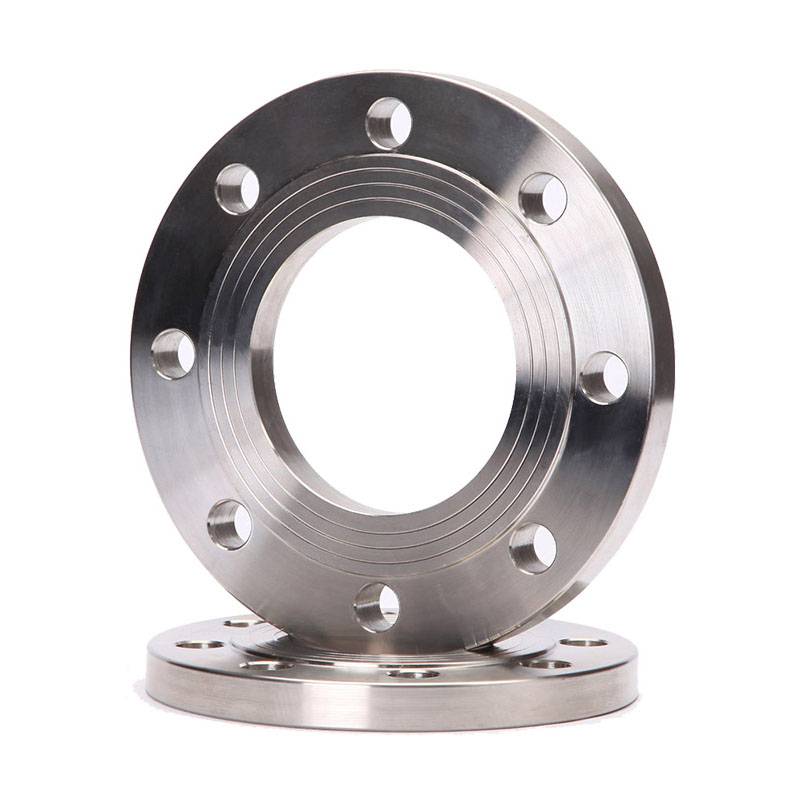-
Cangzhou Yulong Steel Co., Ltd.
-
Phone:
+86 13303177267 -
Email:
admin@ylsteelfittings.com
- English
- Arabic
- Italian
- Spanish
- Portuguese
- German
- kazakh
- Persian
- Greek
- French
- Russian
- Polish
- Thai
- Indonesian
- Vietnamese
- Zulu
- Korean
- Uzbek
- Hindi
- Serbian
- Malay
- Ukrainian
- Gujarati
- Haitian Creole
- hausa
- hawaiian
- Hebrew
- Miao
- Hungarian
- Icelandic
- igbo
- irish
- Japanese
- Javanese
- Kannada
- Khmer
- Rwandese
- Afrikaans
- Albanian
- Amharic
- Armenian
- Azerbaijani
- Basque
- Belarusian
- Bengali
- Bosnian
- Bulgarian
- Catalan
- Cebuano
- China
- China (Taiwan)
- Corsican
- Croatian
- Czech
- Danish
- Esperanto
- Estonian
- Finnish
- Frisian
- Galician
- Georgian
- Kurdish
- Kyrgyz
- Lao
- Latin
- Latvian
- Lithuanian
- Luxembourgish
- Macedonian
- Malgashi
- Malayalam
- Maltese
- Maori
- Marathi
- Mongolian
- Myanmar
- Nepali
- Norwegian
- Norwegian
- Occitan
- Pashto
- Dutch
- Punjabi
- Romanian
- Samoan
- Scottish Gaelic
- Sesotho
- Shona
- Sindhi
- Sinhala
- Slovak
- Slovenian
- Somali
- Sundanese
- Swahili
- Swedish
- Tagalog
- Tajik
- Tamil
- Tatar
- Telugu
- Turkish
- Turkmen
- Urdu
- Uighur
- Welsh
- Bantu
- Yiddish
- Yoruba

Jul . 10, 2024 20:40 Back to list
Producing Pump Castings for Efficient Fluid Transfer in Various Industrial Applications
Pump casting is a vital component in the manufacturing and operation of pumps across various industries. It is essential for creating the complex shapes and structures of pump components, such as impellers, casings, and volutes.
The process of pump casting involves pouring molten metal into a mold to create the desired shape. The metal is usually a combination of iron, steel, or other alloys that are chosen for their strength, durability, and resistance to corrosion.
There are several different types of pump casting methods, including sand casting, investment casting, die casting, and permanent mold casting. Each method has its own advantages and disadvantages, depending on the requirements of the pump being manufactured.
One of the main advantages of pump casting is the ability to create complex shapes that would be difficult or impossible to achieve through other manufacturing processes. This allows for efficient design optimization and customization of pumps to meet specific performance requirements.
Another advantage of pump casting is the production of parts with high dimensional accuracy and surface finish. This helps ensure that the pump components fit together properly and function smoothly, without any leaks or inefficiencies

pump casting. In addition, pump casting is a cost-effective manufacturing process, especially for producing large quantities of pump components. The initial investment in molds and equipment may be high, but the per-unit cost decreases as more parts are produced, making pump casting an economical choice for mass production. Despite its many advantages, pump casting also has its challenges. One common issue is porosity, which can compromise the structural integrity of the pump components. Proper design and mold preparation are essential to minimize porosity and ensure the quality of the cast parts. Another challenge is the need for skilled labor and expertise to operate the casting equipment and perform quality control inspections. Training and certification programs are available to help ensure the safety and reliability of pump casting operations. Overall, pump casting plays a crucial role in the manufacturing and operation of pumps in various industries, including oil and gas, water treatment, and industrial processing. It offers unique advantages in terms of design flexibility, cost-effectiveness, and quality control, making it an indispensable process for the production of high-performance pumps.

pump casting. In addition, pump casting is a cost-effective manufacturing process, especially for producing large quantities of pump components. The initial investment in molds and equipment may be high, but the per-unit cost decreases as more parts are produced, making pump casting an economical choice for mass production. Despite its many advantages, pump casting also has its challenges. One common issue is porosity, which can compromise the structural integrity of the pump components. Proper design and mold preparation are essential to minimize porosity and ensure the quality of the cast parts. Another challenge is the need for skilled labor and expertise to operate the casting equipment and perform quality control inspections. Training and certification programs are available to help ensure the safety and reliability of pump casting operations. Overall, pump casting plays a crucial role in the manufacturing and operation of pumps in various industries, including oil and gas, water treatment, and industrial processing. It offers unique advantages in terms of design flexibility, cost-effectiveness, and quality control, making it an indispensable process for the production of high-performance pumps.
Latest news
-
ANSI 150P SS304 SO FLANGE
NewsFeb.14,2025
-
ASTM A333GR6 STEEL PIPE
NewsJan.20,2025
-
ANSI B16.5 WELDING NECK FLANGE
NewsJan.15,2026
-
ANSI B16.5 SLIP-ON FLANGE
NewsApr.19,2024
-
SABS 1123 FLANGE
NewsJan.15,2025
-
DIN86044 PLATE FLANGE
NewsApr.19,2024
-
DIN2527 BLIND FLANGE
NewsApr.12,2024
-
JIS B2311 Butt-Welding Fittings LR/SR 45°/90° /180°Seamless/Weld
NewsApr.23,2024











